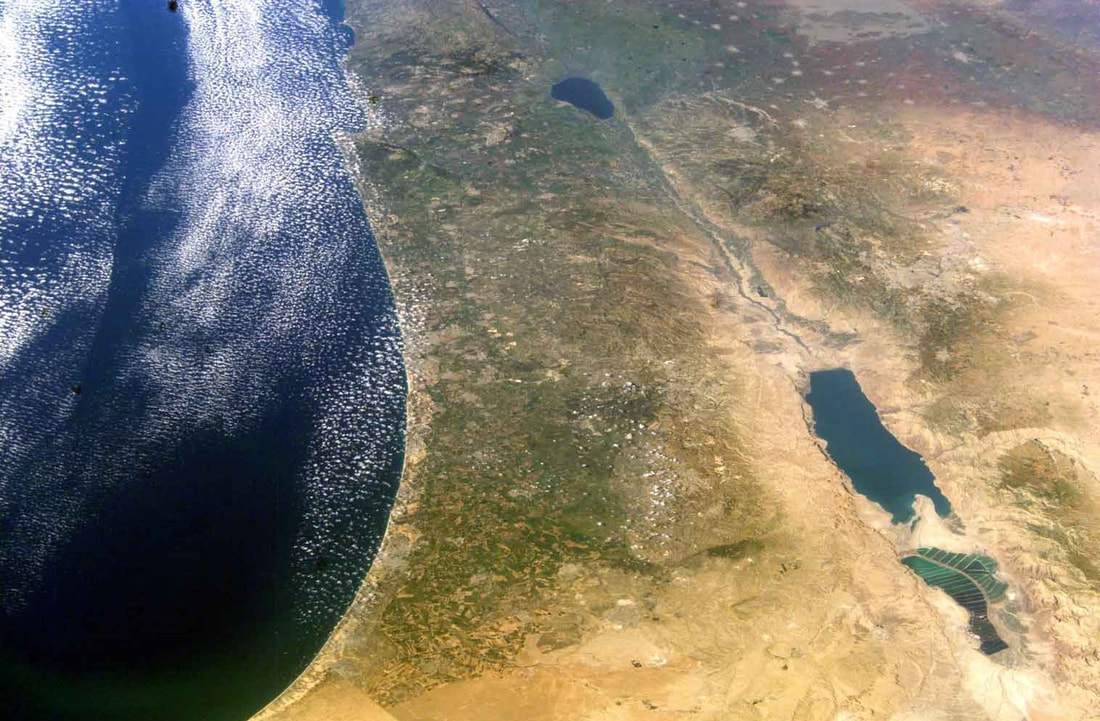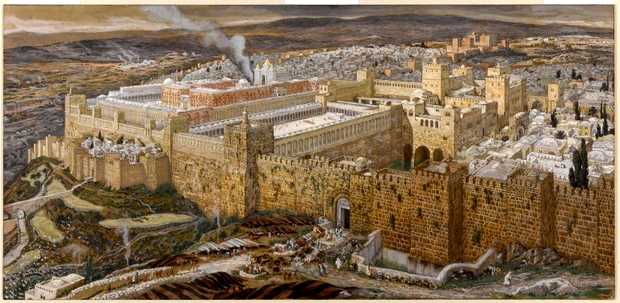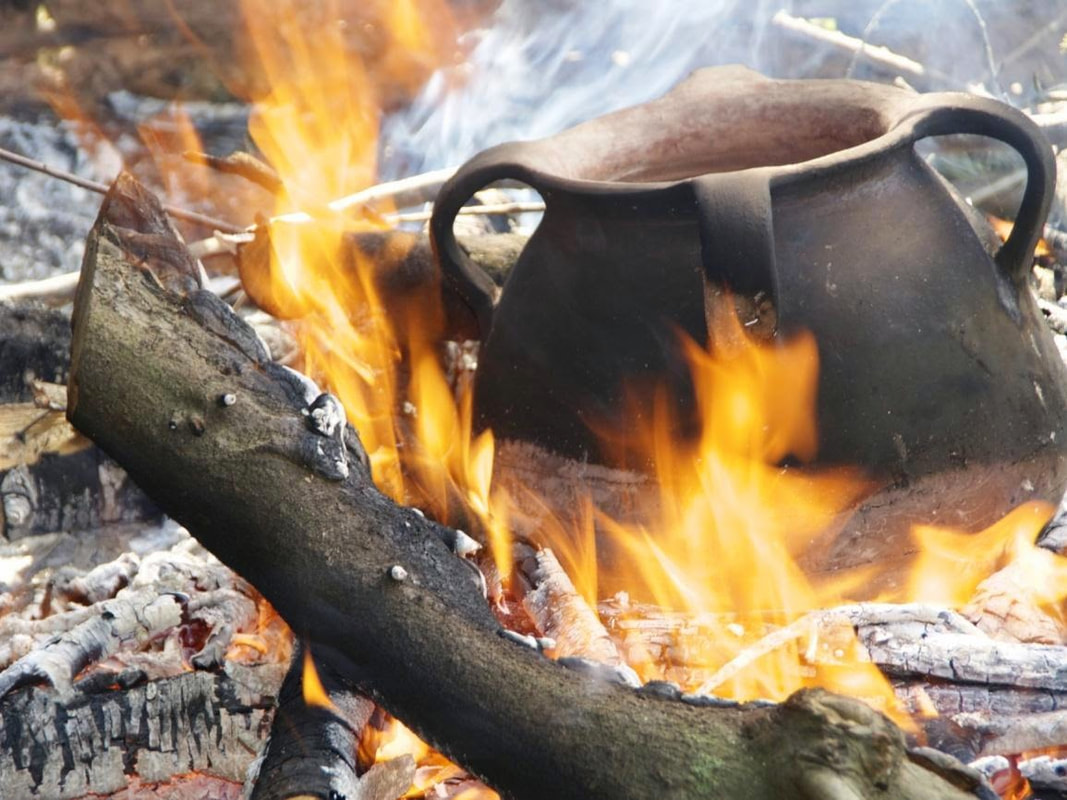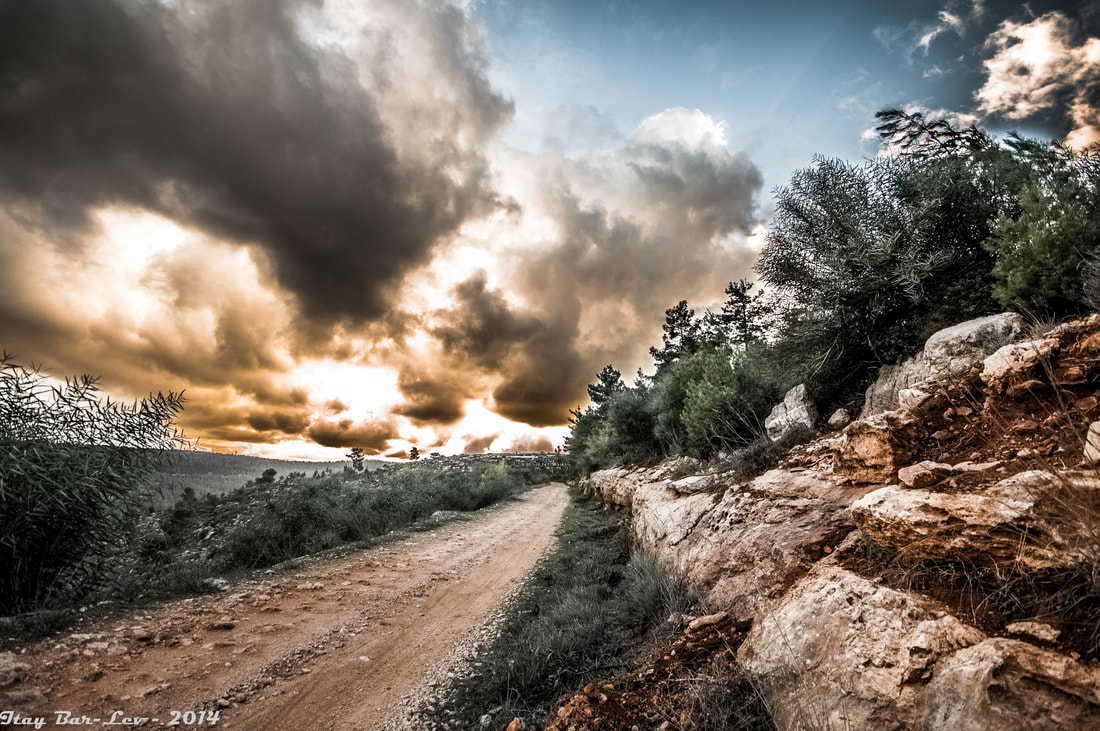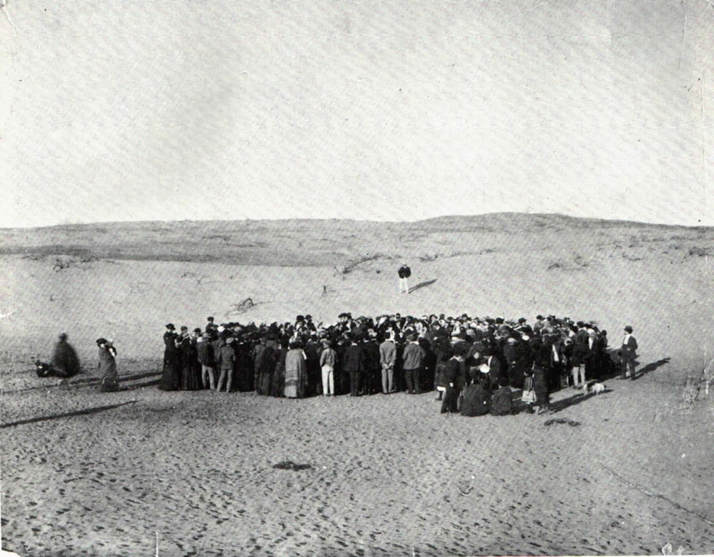PodcastsTexts
NachQ: Yechezkel 46-48
0 Comments
PodcastText
Daat Mikra ModelNachQ - Yechezkel 41-45PodcastsText
Nach Q Yechezkel 36-40PodcastsText
Quiz on this SectionPodcastText
PodcastsText
This week's learning is kindly sponsored by the Sickick Family in memory of Mr. William Packer,
|
|
Yechezkel 11
|
Yechezkel 12
|
Yechezkel 13
|
|
Yechezkel 14
|
Yechezkel 15
|
Podcasts
Text
|
Yechezkel 6
|
Yechezkel 7
|
Yechezkel 8
|
|
Yechezkel 9
|
Yechezkel 10
|
Wood and Stones - Yechezkel 10
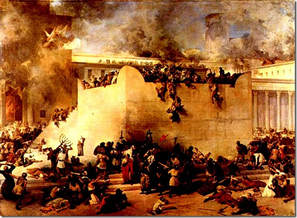
As we learned the 10th perek of Yechezkel, we saw how Hashem had mercy on the nation of Israel by asking the angel Gavriel to reach above the Ofanim angels to take the coal to destroy the Mikdash. It was because the wrath of Hashem would be destined for the structure and building of the Mikdash that the people themselves were allowed to live on. In the strangest way, the destruction of the Mikdash at this point was the greatest Bracha in that the nation itself was spared.
This concept is the topic of many discussions. Here are some of the words of Rabbi Yaakov Haber in an article he published on TorahWeb.org Please click below to see the whole article.
This concept is the topic of many discussions. Here are some of the words of Rabbi Yaakov Haber in an article he published on TorahWeb.org Please click below to see the whole article.
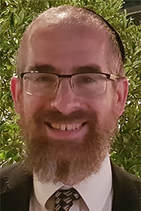
The Gemara in Kiddushin (31b) records that Avimi once served a cup of water to his father, R. Avahu. Finding his father sleeping, Avimi stood there waiting from him to awaken. In the meantime, he was inspired to interpret the Psalm (79), "Mizmor L'Asaf ba'u goyim nachalasecha, samu es Y'rushalayim l'iyim - A song to Assaf: the nations have entered Your inheritance, they have turned Jerusalem into ruins!" Rashi explains that Avimi found the usage of the word, "mizmor", a song, difficult. When speaking of the destruction of Jerusalem, the word, "kina", a dirge, would have been more appropriate! He answered similarly to the aforementioned teaching that the song refers to the fact that Hashem took out his wrath on wood and stones and preserved the Jewish people.
Why did Avimi expound on this particular verse at this precise time? Rav Pincus explained that standing over his father, refusing to just place the cup on the table, Avimi realized how much love existed between father and son. He used this as a tool to understand the relationship between our Father in Heaven and B'nei Yisrael. Because of this great love, Avimi realized that clearly the destruction of the Mikdash was not an act of Divine punishment intending to banish the Jewish people forever. A father always loves his child. The destruction must be interpreted as a necessary separation to preserve, rather than destroy, the Jewish people.
Rav Pincus further explained that this love being implicit even at the very moment of churban is demonstrated by Klal Yisrael by lifting some of the customary restrictions of mourning after noon.[2] Then we may sit on regular seats and the paroches is returned. Women then have a custom to sweep the house and start preparing the post Tisha B'Av meal. The Beis HaMikdash was set aflame toward evening of the ninth of Av (Ta'anis 29a). At that very moment, we begin to lift some of the restrictions of mourning since this very destruction also demonstrated Divine love.
Why did Avimi expound on this particular verse at this precise time? Rav Pincus explained that standing over his father, refusing to just place the cup on the table, Avimi realized how much love existed between father and son. He used this as a tool to understand the relationship between our Father in Heaven and B'nei Yisrael. Because of this great love, Avimi realized that clearly the destruction of the Mikdash was not an act of Divine punishment intending to banish the Jewish people forever. A father always loves his child. The destruction must be interpreted as a necessary separation to preserve, rather than destroy, the Jewish people.
Rav Pincus further explained that this love being implicit even at the very moment of churban is demonstrated by Klal Yisrael by lifting some of the customary restrictions of mourning after noon.[2] Then we may sit on regular seats and the paroches is returned. Women then have a custom to sweep the house and start preparing the post Tisha B'Av meal. The Beis HaMikdash was set aflame toward evening of the ninth of Av (Ta'anis 29a). At that very moment, we begin to lift some of the restrictions of mourning since this very destruction also demonstrated Divine love.
Comments
Podcasts
Text
|
Yechezkel 1
|
Yechezkel 2
|
Yechezkel 3
|
|
Yechezkel 4
|
Yechezkel 5
|
History of the City of Tel Aviv
In 1909, 66 families got together on the Mediterranean coast to build what they envisioned to be a modern city - Tel Aviv: "Hill of Spring."
Yechezkel is a prophet in exile. While Yirmiyahu is still confronting the last king Tzidkiyahu in Yerushalayim, Yechezkel is in Babylon already speaking to the people of Babylon and sending messages to the people of Israel.
The village or city he is sent to speak to is called Tel Aviv. (Yechezkel 3:15)
The Jewish Virtual Library notes that:
Tel Aviv is the first all-Jewish city in modern times. Originally named Ahuzat Bayit, it was founded by 60 families in 1909 as a Jewish neighborhood near Jaffa. In 1910, the name was changed to Tel Aviv, meaning "hill of spring." The name was taken from Ezekiel 3:15, "...and I came to the exiles at Tel Aviv," and from a reference in Herzl's novel Altneuland, in which he foresaw the future Jewish state as a socialist utopia.
A Jerusalem Post article references archeological finds that "the prophet Ezekiel, who was among the exiles, preached in a village named in the Bible as Tel Aviv. Eph'al notes that the translation from the original Akkadian is not "spring hill" as in the Hebrew name of the Israeli metropolis, but a site that had been wasted in a great flood. "
This gives us a little more of a background to the city of Tel Aviv in the diaspora.
Yechezkel is a prophet in exile. While Yirmiyahu is still confronting the last king Tzidkiyahu in Yerushalayim, Yechezkel is in Babylon already speaking to the people of Babylon and sending messages to the people of Israel.
The village or city he is sent to speak to is called Tel Aviv. (Yechezkel 3:15)
The Jewish Virtual Library notes that:
Tel Aviv is the first all-Jewish city in modern times. Originally named Ahuzat Bayit, it was founded by 60 families in 1909 as a Jewish neighborhood near Jaffa. In 1910, the name was changed to Tel Aviv, meaning "hill of spring." The name was taken from Ezekiel 3:15, "...and I came to the exiles at Tel Aviv," and from a reference in Herzl's novel Altneuland, in which he foresaw the future Jewish state as a socialist utopia.
A Jerusalem Post article references archeological finds that "the prophet Ezekiel, who was among the exiles, preached in a village named in the Bible as Tel Aviv. Eph'al notes that the translation from the original Akkadian is not "spring hill" as in the Hebrew name of the Israeli metropolis, but a site that had been wasted in a great flood. "
This gives us a little more of a background to the city of Tel Aviv in the diaspora.
Comments
Nach Yomi
Here's the way it works. From Monday to Thursday I will be posting a 5 minute podcast of the chapter of the day. It will be a brief summary with a few points to ponder. I will also be sending out the Sefaria text so you can use it.
Archives
Proudly powered by Weebly
